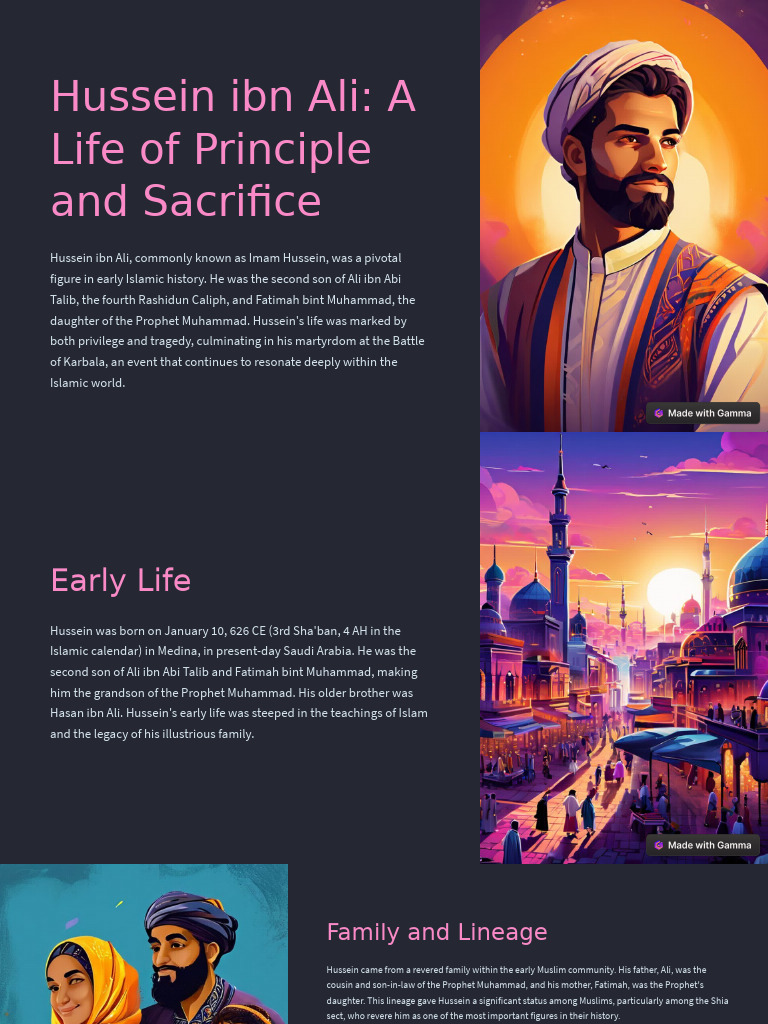In the realm of Bahá’í teachings, the concept of sacrifice occupies a preeminent position, resonating deeply within both the natural world and the spiritual paradigm. It transcends mere physical denotation; it embodies an intricate tapestry woven from myriad life experiences and spiritual reflections. This exploration delves into the essence of sacrifice as a core principle of nature and spirituality, fostering a comprehensive understanding of its implications and ramifications.
At its core, sacrifice can be perceived through various lenses—sacrificial acts that manifest in the individual, communal, and universal dimensions. These perspectives elucidate how sacrifice serves as a conduit for personal transformation, social cohesion, and universal harmony. The Bahá’í paradigm accentuates the transformative potential of personal sacrifice, which fosters spiritual elevation and selflessness.
The personal aspect of sacrifice is pivotal, as individuals are often called to relinquish personal desires for the greater good. In this context, sacrifice is not merely an act of denial but rather a profound engagement with the self and others. The evolution of the self occurs when individuals confront their innate tendencies toward selfishness. Through acts of sacrifice—be it in time, resources, or emotional investments—one aligns oneself with divine principles. Such actions can lead to a sublime realization; the sacrifice of the self becomes a pathway to discovering one’s true purpose, manifesting a deeper connection to divinity.
Furthermore, the concept of sacrifice is inextricably linked with spiritual growth. The Bahá’í teachings elucidate the notion that sacrifice evokes an awakening, challenging individuals to examine their motivations and desires. The act of sacrificing worldly attachments serves to illuminate higher truths. By relinquishing material possessions or egoistic aspirations, individuals tap into the reservoirs of spirituality that permeate the universe. Such sacrificial endeavors can yield an enriched understanding of existence and a palpable sense of unity with all creation.
Community sacrifice plays an equally significant role in the Bahá’í framework. Communities are often forged in the crucible of shared experiences, where sacrifices create bonds of solidarity and collective identity. Acts of service and altruism nurture an environment of harmony and encourage interdependence among members. The Bahá’í teachings emphasize that by prioritizing the welfare of the community, individuals cultivate a spirit of cooperation that supersedes discord and strife. The essence of community sacrifice promotes peace, mutual respect, and a shared commitment to collective improvement.
Another dimension of sacrifice is its ecological implications. Nature itself epitomizes the principle of sacrifice, where organisms engage in a continuous cycle of giving and receiving. Trees, for example, sacrifice their leaves to nourish the soil, thereby fostering life for countless species. This reciprocal relationship in nature serves as a potent metaphor for human existence. To embody the principle of sacrifice is to recognize the interconnectedness of all life forms, where the health of the ecosystem hinges upon the willingness of each element to contribute to the whole. The Bahá’í emphasis on environmental stewardship aligns with this understanding, advocating for conscious sacrifices that benefit both humanity and the planet.
Moreover, the exploration of sacrifice culminates in the recognition of a universal purpose—fulfilling one’s role in the grand narrative of existence. The Bahá’í Faith teaches that, through sacrifice, individuals align themselves with divine will. Such alignment engenders a sense of belonging to a larger cosmological design, where the notion of self diminishes in the face of collective aspirations. This broader perspective imparts a profound understanding that personal sacrifices may not always yield immediate gratification but contribute to the unfolding of a more expansive plan.
In addition, the teachings of the Bahá’í Faith promote the view that the sacrifices made by individuals across generations create a lineage of resilience and hope. Historical narratives reveal profound acts of sacrifice that mark pivotal moments in the evolution of human consciousness. These sacrifices serve as a beacon, illuminating the paths forward and encouraging subsequent generations to forge their own destinies, unified by a commitment to higher principles.
While the call to sacrifice may initially evoke sentiments of reluctance or apprehension, the Bahá’í perspective reframes these feelings. Embracing sacrifice as an intrinsic element of growth engenders spiritual freedom. Individuals are liberated from the chains of materialism and self-serving desires, discovering instead a path toward genuine fulfillment. The Bahá’í teachings urge individuals to contemplate the ultimate reward of sacrifice—a profound sense of connection to the divine, a network of human relationships grounded in love, and a legacy of purpose-driven existence.
In conclusion, the principle of sacrifice is not confined to a singular definition within the Bahá’í Faith; it is a multifaceted reality that permeates personal, communal, and ecological spheres. The teachings illuminate how sacrifice can lead to transformative experiences, spiritual enlightenment, and deeper connections with the universe. By embracing sacrifice, Bahá’ís contribute to a world characterized by unity, resilience, and a collective commitment to advancing the betterment of humanity. As individuals navigate the complexities of life, the manifestations of sacrifice will undoubtedly remain a core tenet guiding their paths toward self-discovery, community building, and the promotion of universal harmony.
